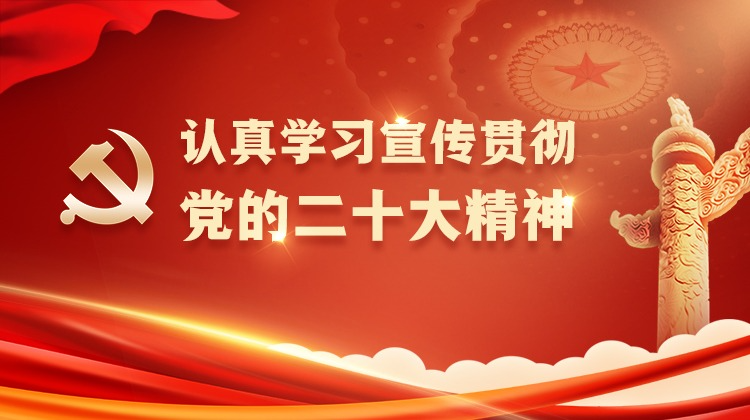(ECNS) -- Recently, a Chinese quirky, “ugly-cute” designer toy Labubu has taken the world by storm.
Long queues formed outside Chinese trendy toy company Pop Mart stores in major cities from Los Angeles to London, Milan to Tokyo. Some stores have even seen frenzied “doll grabs” as customers rush to get their hands on the popular toys.

A Pop Mart store offers Labubu products on June 9, 2025, in Shanghai. (Photo provided to China News Service)
A netizen who bought a Labubu figure in Amsterdam said that one 60-meter alley took three hours to get through —probably the longest alley he has ever walked, calling the experience a true test of faith.
Labubu’s popularity has propelled Pop Mart’s stock price to new heights, with the company’s market capitalization now surpassing $38.22 billion. As a result, founder Wang Ning has become the richest individual in central China's Henan Province.
JPMorgan has even described Labubu as the next Hello Kitty — the iconic IP from Japan’s Sanrio that sparked a global sales craze and became one of the most successful licensed franchises in history. The comparison suggests that Labubu has quickly risen as a new-generation super IP, offering a fresh blueprint for the global expansion of Chinese cultural brands.
From piling up cultural symbols to striking emotional chords
In the past, China’s cultural exports often relied on overt Eastern elements or grand narratives. Today, Labubu’s global success showcases a new path: breaking cultural barriers through localized design to create culturally resonant consumer products.
With region-specific versions like the traditional silk costumes in Thailand, and the Spanish bullfighter outfit, Labubu is finely tuned to local aesthetics, bridging emotional gaps between Chinese products and global audiences. It has even been named "Amazing Thailand Experience Explorer" by Thai authorities.
This reflects Gen Z’s shift toward emotional consumption, where young buyers increasingly value the feelings a product brings over its material utility. This shift has fueled the rise of the “blind box economy” and the popularity of anthropomorphic designer toys. As “showing off your dolls” becomes trendy, these products evolve into mobile cultural symbols.
From "Made in China" to "Created in China"
China has long been the world’s toy factory, producing goods for global giants like Disney, Marvel, and Gundam. The explosive popularity of Labubu not only signifies China’s growing design capabilities but also marks the entry of Chinese brands into the arena of super IPs.
This transformation goes beyond designer toys. In recent years, “Created in China” has gained international recognition across sectors: Ne Zha 2 ranked among the top five global box office hits, setting a new benchmark for Asian cinema; DeepSeek is reshaping narratives in AI innovation; and mobile game Love and Deepspace has climbed bestseller charts in multiple countries, breaking new ground for Chinese games abroad.
Labubu’s rise fuses China’s strong manufacturing base with creative innovation, tapping into the emotional needs of global consumers.
With Chinese IPs scaling new cultural heights, the rise of an “Eastern Disney” may no longer be a distant dream.







 新华报业网
新华报业网














 Android版
Android版
 iPhone版
iPhone版




